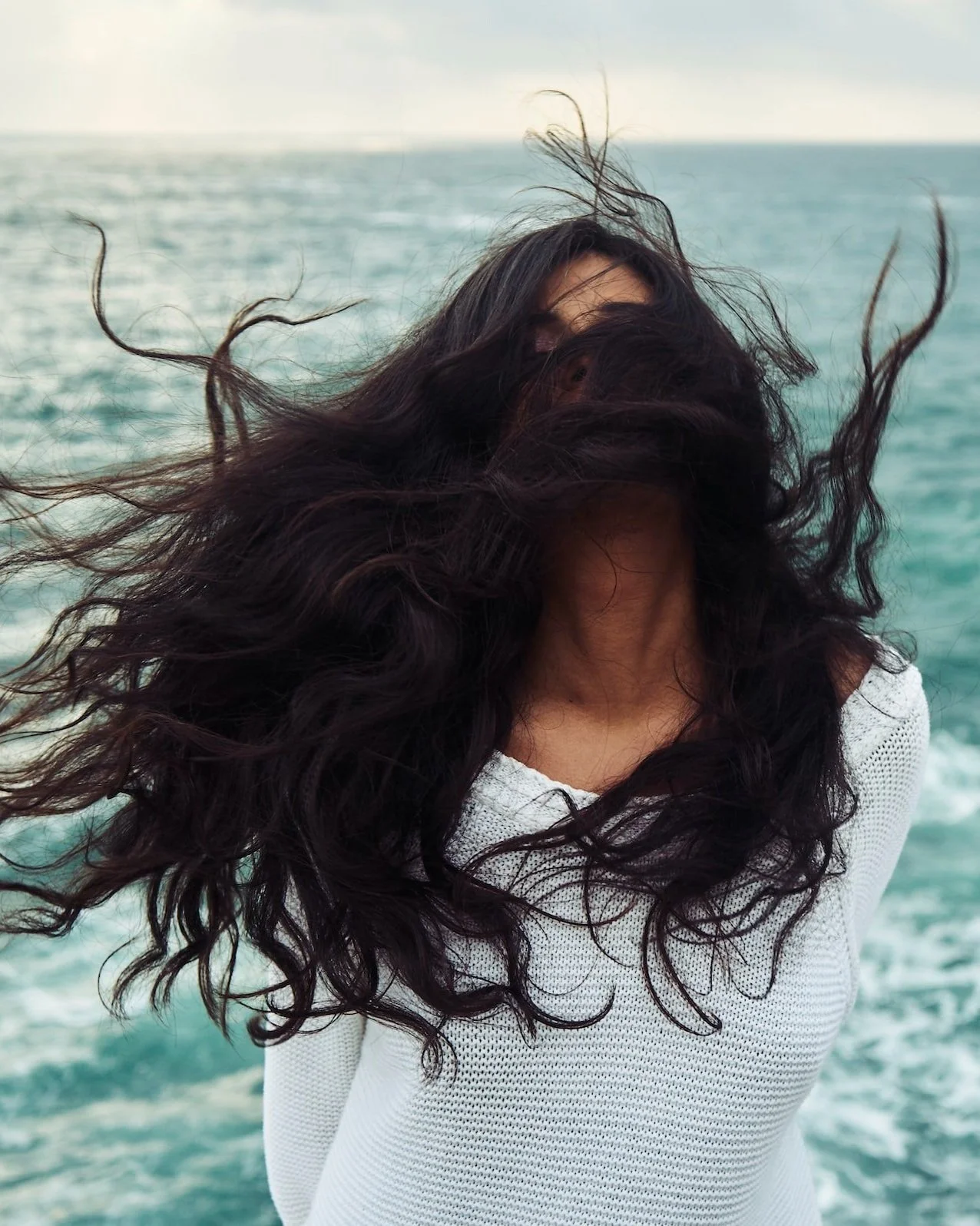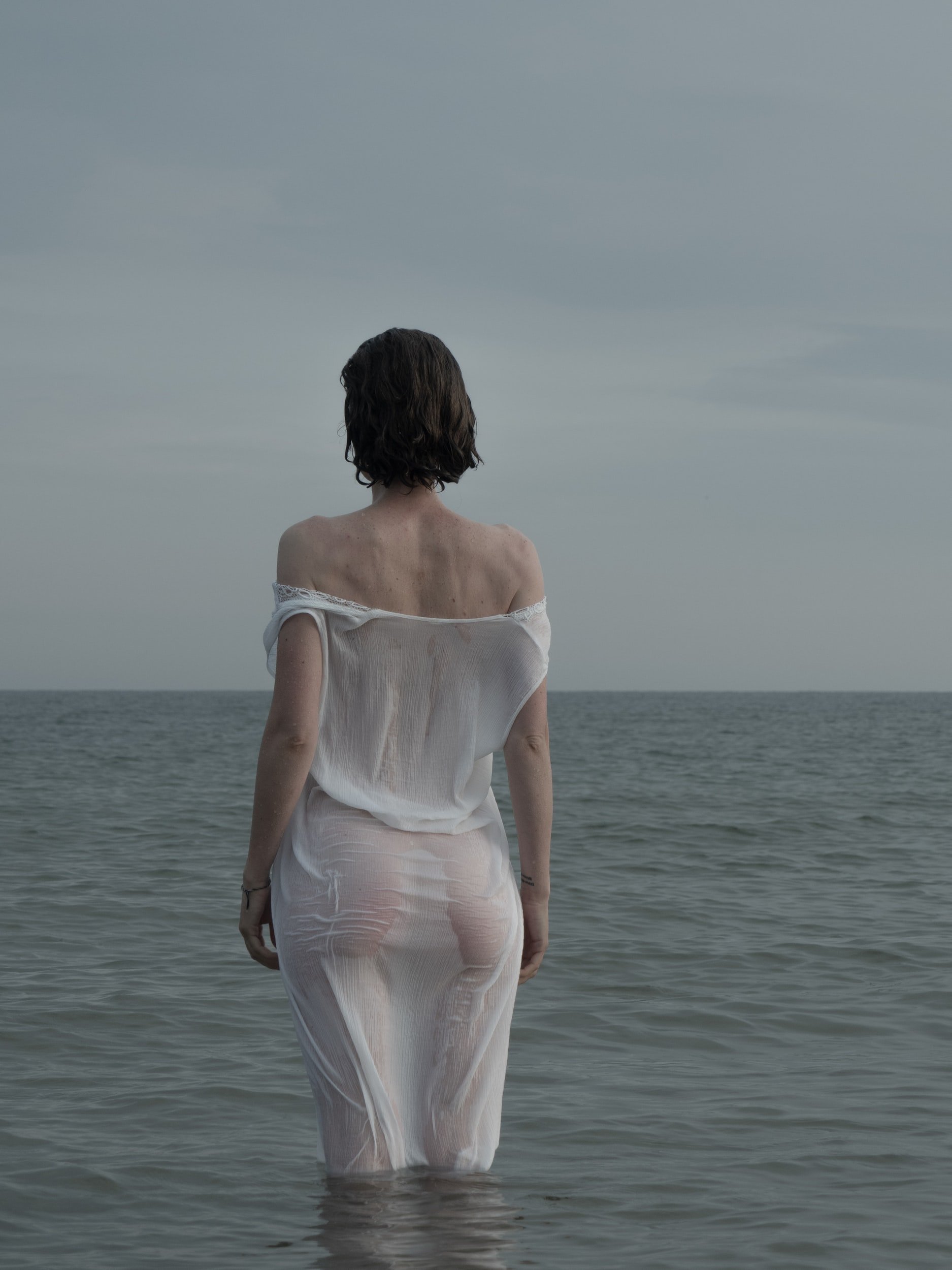An Ode to The Nineties
Many of you reading this article will, like me, be teenagers of the ‘90s. Are you as nostalgic as I am for the decade that gave us Sporty, Scary, Baby, Posh and Ginger; Carrie, Samantha, Charlotte and Miranda; Ross and Rachel; Thelma & Louise; Posh ‘n Becks; Kate and Johnny?
The ‘90s was a decade of possibility and positivity, especially for women. We were riding on the crest of Third Wave feminism, which saw the movement democratised for the first time, playing itself out to a large degree in popular culture and giving rise to a cohort of game-changing female artists and TV characters. Channels like MTV were instrumental in this, giving airtime to trailblazing female pioneers like Madonna who pitched a dramatically different image of what a feminist might look like. Although MTV first aired in the 1980s, the ‘90s was its heyday when it showed little other than music videos and live performances (those of you much cooler than me are probably remembering Nirvana on MTV Unplugged right now) rather than round-the-clock reality shows such as the dreadful Cribs and depressing 16 and Pregnant.
So five fairly ordinary girls were able to achieve extraordinary success in the pop world by virtue of some catchy nicknames and some equally catchy tunes; a sitcom that revolved around four female friendships was voted one of the best television series ever by Time magazine; of the five Friends navigating their twenties together, Jennifer Aniston’s portrayal of Rachel Green was the one that caught viewers’ imagination and elevated her to Hollywood stardom; as a member of the Spice Girls, Posh was far more famous than her footballer husband, while Kate Moss always appeared to call the shots during her four-year relationship with actor Johnny Depp.
It’s not surprising, too, that the ‘90s spawned a slew of supernatural female characters that were strong and assertive and hold icon status still today; Buffy the Vampire Slayer, Dana Scully, Sabrina the Teenage Witch. Then, of course, there was Allison Janney’s smart-talking, quick-thinking, witty, compassionate press secretary C J Cregg in The West Wing’s White House, a role that was later recognised as one of the greatest female characters ever to grace American television, according to Wikipedia. Female characters dominated our TV screens and female divas dominated the airwaves. In the 1990s, Mariah Carey, Madonna, Janet Jackson and Whitney Houston spent more weeks on the American Billboard singles chart than any other artists.
Girl Power may have sounded like manipulative marketing spin, but there was substance behind its glibness. Women were doing it for themselves, and as teenagers, Generation X watched and learned. We grew up with an expectation of achievement and surrounded by female role models both on and off our TV screens. We saw choices. We saw women living a variety of lives - some with husbands and children, some without; some living alone, some with friends; many of them working, and in jobs they enjoyed. The hackneyed phrase “having it all” which had left women in the ‘80s feeling quite simply knackered (remember Diane Keaton’s portrayal of corporate high-flyer-cum-new mum in 1987’s Baby Boom?) was dismissed by Gen Xers for the complete misnomer that it was. Having a choice looked like a far better option than having it all.
While in the real White House, Madeleine Albright became President Bill Clinton’s first-ever female Secretary of State in 1999, nine years earlier, Mary Robinson transformed the role of President of Ireland from one nobody knew or cared anything about to one of leadership and achievement. In the North, Mo Mowlam was the first woman to hold the post of Secretary of State and was described by British Labour MP Peter Hain as “the catalyst that allowed politics to move forward which led to the signing of the Good Friday agreement in 1998.” She was the proverbial “great woman” behind Prime Minister Tony Blair.
During Ireland’s slew of Eurovision Song Contest wins in the ‘90s (the golden days of Eurovision before we sent a turkey to Serbia), broadcaster Mary Kennedy hosted the contest alone in 1995. Generation X became used to seeing women front and centre, going it alone, surviving, thriving, succeeding.
Just as COVID 19 and Black Lives Matter will define this new decade, 9/11 defined the noughties and I think much of my fondness for the ‘90s is linked not just to the opportunities and role models it gave women but to the fact that with hindsight it seemed a simpler and kinder decade. Terrorism wasn’t something people feared every day (in Europe in any case), and a troll was something you might find in a child’s bedtime story. As addicted as I am to Ozark, Peaky Blinders and McMafia, there was something reassuring about television and film in the ‘90s; it all came good in the end. And yes, Thelma & Louise drove themselves off a cliff, admittedly, but for that final weekend when they road-tripped across the US, they lived on their own terms and ultimately died on their own terms. They called the shots.
And that’s what I see in my peers today as we steer ourselves through middle age. We’re not obsessed with ticking boxes. There’s no cookie-cutter answer to who we should be at 40 and beyond. There’s an eclectic mix of women among my friends, family and colleagues living different sorts of lives; single, childless, single mothers, smug marrieds (just joking!), workaholics, stay-at-home mums, home-owners and renters. I think being young adults in the 1990s gave Generation X an optimistic outlook or at least one of hopeful perseverance. I do think there have been fewer choices available to us over the past decade than perhaps we would have expected 20-odd years ago. The cost of living in Dublin, particularly, the housing crisis that seems never to be resolved, the crippling recession and the boom that went before it have many of us tied into Everest-sized mortgages and exorbitant rents. Did anyone of us think that it would be so tough to simply keep a roof over our heads in middle age? While watching Friends and Sex and the City the first time around, I don’t think I fully appreciated the value of Carrie’s and Monica’s rent-controlled apartments. Carrie got it right: “Beauty is fleeting, but a rent-controlled apartment overlooking the park is for life.”
And the other great thing the ‘90s gave us? The best running soundtrack ever. It’s called 90s Workout and you’ll find it on Spotify. Try it. It’ll be the easiest 5km you ever run.
Marie Kelly, June 2020.
join us in conversation
we’d love to hear from you…
















